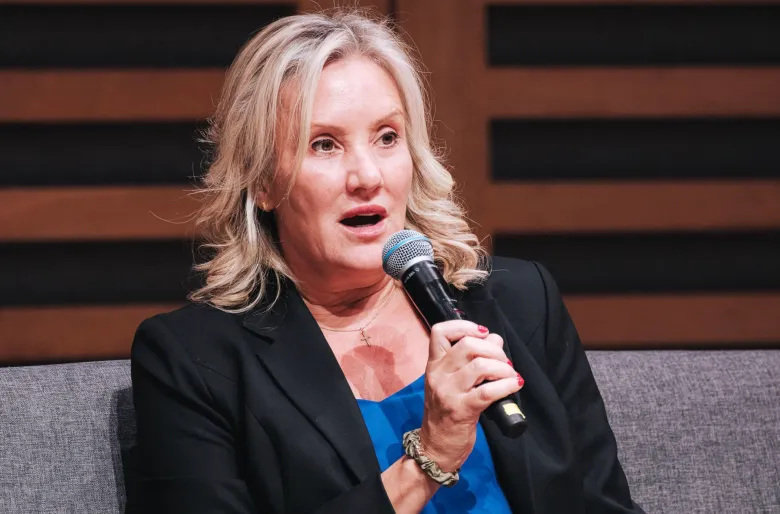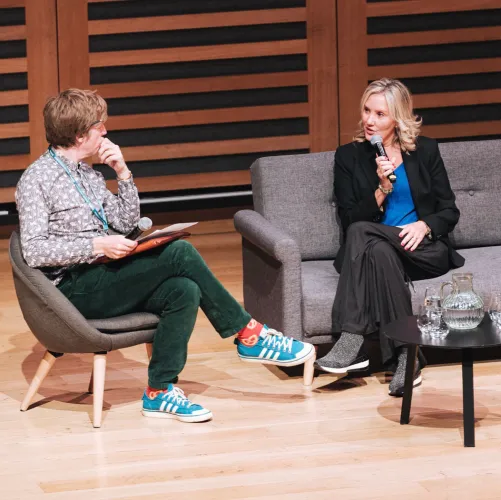
AI and the Question of Consent
Artificial intelligence is reshaping industries, but music feels its impact most sharply. At the Music Ally Publishing Summit, Dame Caroline Dinenage, Chair of the UK’s Culture, Media and Sport (CMS) Committee, warned that without stronger protections, AI could damage the creative economy.
She spoke bluntly about how generative AI platforms train their models. “What’s been happening up until now is theft – and consent hasn’t come into it,” she said. Dinenage criticized the government’s “opt-out” system, which forces rightsholders to block use of their work. She argued that AI companies should seek permission before using songs. Some firms want solutions, but she insisted that legislation must protect all creators, not just those with money and influence.
Streaming Economics Still Unresolved
She also addressed streaming economics, an issue her committee raised in 2021 when it called for a “complete reset.” Many artists still struggle to earn fair pay from streaming. The Competition and Markets Authority ruled these were not competition issues, but Dinenage believes the problems remain. She warned that AI-generated music could push these concerns aside. Still, she promised her committee will keep pressing for fairer outcomes for musicians and songwriters.

Looking ahead, she highlighted the CMS Committee’s fan-led review of live and electronic music, launched in June 2024. Modeled after the football review, it will gather evidence from audiences, artists, and grassroots communities. Former MP Kevin Brennan, now Lord Brennan, leads the effort. He has already spoken at festivals and round tables across the country. The first results should arrive in early 2026. Dinenage stressed that this process will ensure government policy reflects the realities of the music ecosystem, from small venues to major festivals.
In closing, she reminded the audience that music is one of the UK’s greatest cultural and economic assets. As she put it, “Music is our global superpower, and we neglect it at our peril.” If the UK balances innovation with protection, it can lead the world in building an ethical, sustainable future for music in the age of AI.








